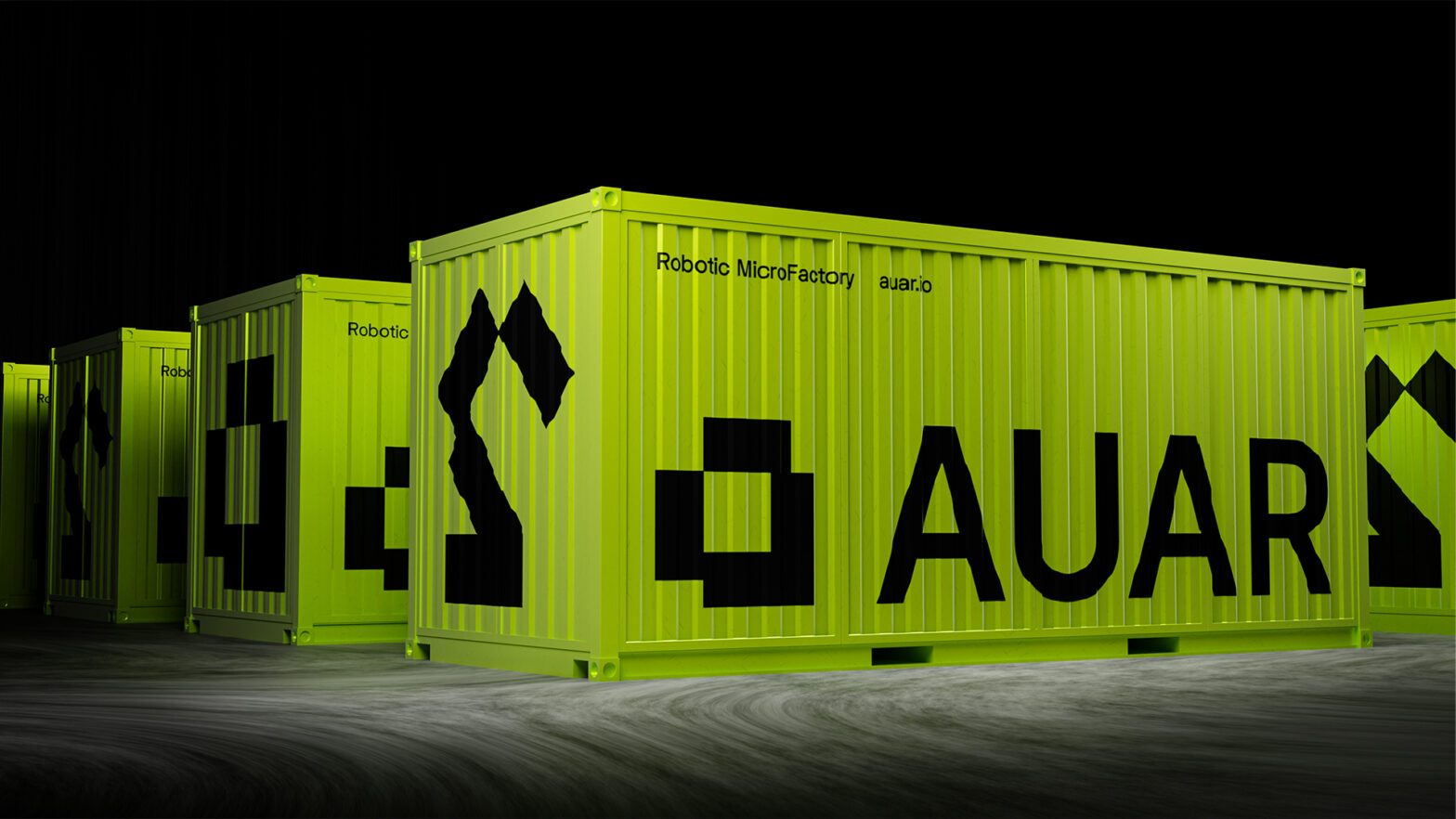
Here is why Chicago is still in the running to be the leading renewable energy city
In light of recent announcements that bring a string of renewable energy projects to California, Chicago based rail and energy recruitment specialist, Samuel Knight (SKI Corp), has highlighted points for consideration, and why states such as Illinois, with industrious cities such as Chicago, are still in a position to be a leading renewable energy provider.
EDP Renewables North America and Shell Energy North America have recently closed on a 15-year power purchase agreement which will generate enough clean electricity to annually power more than 91,000 average Californian homes. Additionally, it has been approved for community choice aggregators (CCAs) to procure 3,300 megawatts of incremental clean energy capacity by 2023.
While these are progressive initiatives, California is still failing to attract enough skilled workers to ensure these projects are completed to schedule. The state’s energy talent pools have already been stretched, and skills shortages have been noted as a serious barrier to the completion of several developments.
This is where Chicago energy businesses truly stand out. In recent years, they have heavily focused on improving their attraction strategies – focusing on American talent, to build strong workforces ready to take future projects by storm. If firms continue to find innovative ways of developing their talent pools, such as enhancing diversity and inclusion strategies and remain engaging with the next generation of workers, it’s likely that more renewable energy projects, like those currently present in California, will be established in the city.
Commenting on this news, Dave Allen , Associate Director of Energy for SKI Corp, said:
“Although California is often seen as the king of renewables, there’s no reason why this success can’t be replicated in Illinois and indeed, other states. Chicago has one of the richest energy talent pools in the States and there are a number of exciting projects in the pipeline.”
“Firms must continue adapting their talent attraction strategies to be fit for the modern day. With more women in the sector than ever before, and new generations entering the workforce, it’s vital that companies have a modern and inclusive approach. By doing this, we can hopefully overcome the skills shortage and ensure that future projects have the manpower needed to be successful and delivered on time.”















